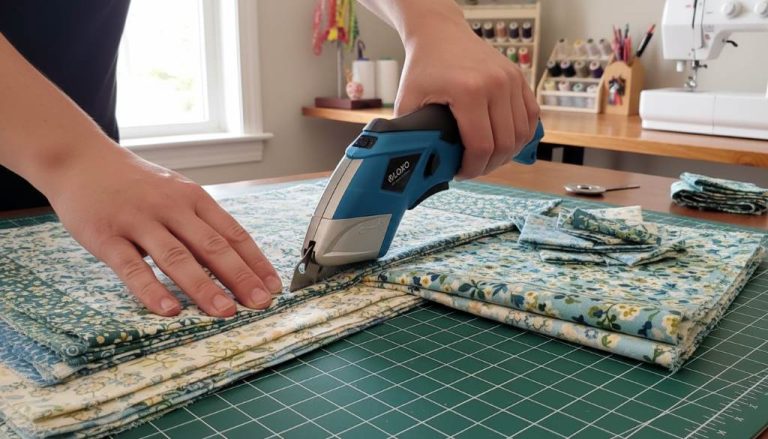A Lasting Power of Attorney, or LPA, is a document that will let somebody you trust make decisions for you legally, when or if you are no longer able to. This could happen because of illness, an accident or conditions like dementia. The person giving the permission is called the donor, and the person chosen to act for them is called the attorney.
The Two Types of LPA
There are two kinds of LPA, and the first is a Health and Welfare LPA. This will let your attorney make decisions about your care, such as medical treatment, where you live and your daily life. This kind of LPA only starts working if you cannot make decisions for yourself anymore.
The second option is a Property and Financial Affairs LPA. This will let your attorney help with things like looking after your bank accounts, paying bills or selling your home. This LPA can be used immediately after registration, but only with your agreement, unless you lose the ability to decide for yourself.
How to Set It Up
To begin with, decide if you want a Property and Financial Affairs LPA, a Health and Welfare LPA, or both. Then choose your attorney or attorneys. These should be people you trust, like a family member, friend or professional.
Next, you need to fill in the LPA online or you can use paper forms if you prefer. The forms include details about you, your attorneys and any instructions or preferences you want to add.
A certificate provider, like a doctor or solicitor, must also sign to say you understand the form and are not being forced. When the forms are ready, send them to the Office of the Public Guardian to be registered. It currently costs £82 per LPA, and you can find more information on how to set up an LPA here.
Getting Help
You can set up an LPA online, but a solicitor can help if things are complicated or you want to be sure everything is correct.





+ There are no comments
Add yours